- The CopernicusLAC Panama Hackathon took place over 19 days.
- More than 448 participants from 33 countries, distributed in 50 teams, addressed the Hackathon’s 3 challenges
- The Centre awarded $8,000 in prizes among the winning teams.
Panama City, 30 October 2024. The CopernicusLAC Panama Centre and the Latin American and Caribbean Economic System (SELA) wrapped up their first online Hackathon today, which focused on the topic of Copernicus Earth observation (EO) data for disaster risk reduction (DRR) in Latin America and the Caribbean (LAC).
From 11 to 30 October, 448 participants in 50 teams worked to address three challenges: Securing food production and distribution; Improving forecasting and preparedness for future disasters; and Preserving biodiversity and endangered habitats. The teams ranged in size from two to six members, with at least 50% of the members coming from countries in the Latin American and Caribbean region.
In addition, the participants benefited from hearing first-hand from different regional actors in the space and DRR sectors.
In a webinar, the United Nations Office for Disaster Risk Reduction (UNDRR) addressed how DRR is used to save lives.
Meanwhile, the Argentinean software company Space Sur explained to the attendees how to create a sustainable and successful business model with Copernicus.
Finally, participants had the opportunity to learn from the experience of Airvantis, a Brazilian company whose representatives spoke about the presence of Latin America and the Caribbean in the space sector.
In addition to the webinars, participants were able to receive a series of business plan mentoring from the CopernicusLAC Panama Centre, which in turn was responsible for announcing the winners at the closing event held on 30 October at noon, awarding prizes to the following teams:
First prize: “Informal Urban Growth Monitoring” More information here.
Second prize: “Wetlands360” More information here.
Third prize: “AP-MAR.IA” More information here.
The three winning teams received several cash prizes from the CopernicusLAC Panama Centre and SELA, with the first prize totaling $5,000, the second prize $2,000, and the third team winning $1,000.
The jury was formed by Itziar Alonso, ESA Manager for the CopernicusLAC Panama Centre, Gustavo Herrera, Coordinator of the Social Development Area at SELA, and Jorge Cabrera, Expert in Environmental Affairs and Earth Observation.
About CopernicusLAC Panama and the Hackathon
The Copernicus LAC Panama Centre’s activities take place within the overall context of the EU-LAC Digital Alliance, which is a strategic framework for promoting cooperation between the EU and the LAC region on digital and space issues under the EU Global Gateway umbrella. Within this context, the European Space Agency (ESA) is coordinating the Centre’s implementation on the basis of a Contribution Agreement with the Directorate-General for International Partnerships (DG INTPA) of the European Commission, and in close collaboration with Panama’s government, MIRE (Ministry of Foreign Affairs), Government Innovation Authority (AIG), and SENACYT (National Secretariat for Science, Technology and Innovation).
The CopernicusLAC Panama Centre will serve as a hub for innovation in the Latin America and Caribbean region, supporting national and local entities in leveraging Copernicus data and information to boost socio-economic benefits and resilience. In addition to providing engagement opportunities, the Centre is developing geospatial Pilot Services (addressing hydrometeorological hazards, geological hazards, and hazard exposure) in close collaboration with local users and stakeholders, to whom they will be handed over to ensure that the unique needs of the region are addressed in the long term.
In addition, knowledge and skills transfer is a key element of the CopernicusLAC Panama Centre, which hosts a Digital Campus with access to training modules and educational resources for technical users and citizens alike. The Centre will also organise community-building events, policy dialogues and industry matchmaking, as well as hackathons and other EO data challenges to stimulate user adoption of Copernicus data and innovation. These events will also foster cross-collaboration among EO, DRR and other relevant ecosystems.
Finally, the Centre will include the development of a high-powered infrastructure and cloud computing for the LAC region. One of the final objectives of the Centre is to promote the development of communities of practice and to strengthen the knowledge and use of tools for DRR and further areas in the public sector, academia, the private sector, and social organisations.
About the Latin American and Caribbean Economic System (SELA)
The Latin American and Caribbean Economic System (SELA) is a regional intergovernmental organisation created on 17 October 1975 through the Panama Convention, which constituted the Latin American Economic System (SELA), comprising 25 countries of Latin America and the Caribbean. It is aimed at promoting a system of consultation and coordination on common positions and strategies in economic matters, before countries, groups of nations, forums and international organisations, and to promote cooperation and integration among Latin American and Caribbean countries.
SELA’s Work Programme 2022 – 2026 is focused on three areas of work: Economic Recovery, Digitalisation, and Infrastructure and Social Development, aimed at responding to the needs of its members by strengthening convergence for integration to achieve the Sustainable Development Goals (SDGs) of the 2030 Agenda of the United Nations.
Disaster Risk Management is one of the issues that SELA focuses on in its Work Programme, with the objective of establishing regional structures that contribute to the reduction of vulnerabilities. It further aims to ensure an effective response to emergency situations and safeguards for the most vulnerable populations to extreme natural phenomena through social protection systems.
Finaliza el primer Hackathon del Centro CopernicusLAC Panamá y el SELA






